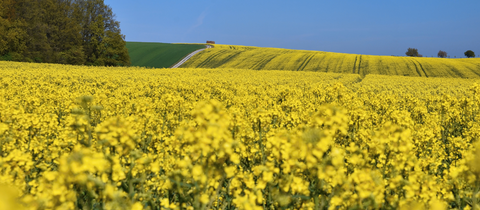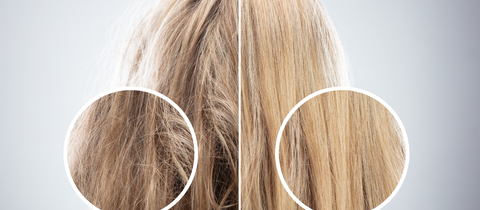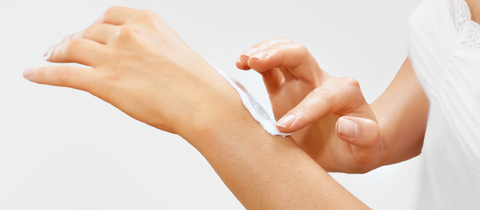Have you heard of Brassica alcohol?

Brassica alcohol is an increasingly popular ingredient in the cosmetic industry. It acts as co-emulsifying, which can advantageously replace the alcohol cetyl and stearic alcohol in formulations. It is particularly appreciated for its ability to give products a light texture And not fatty to the touch. It is definitely an ingredient of choice for the preparation of moisturizing creams and capillary revitalizers.
This article was written by Mélanie Ricard-Quirion from the blog Herbasimple (link to: https://www.herbasimple.com).
Where is he from ?
Brassica alcohol is made from Canola oil (or rapeseed), which is among the most widely consumed vegetable oils on a global scale. Canola is a variety of rapeseed (Brassica Napus), an annual plant belonging to the Brassicaceae family. It could therefore have been called "canola alcohol" or "rapeseed alcohol" but we chose to give it the name of the genre of the plant.
The Canola grows in a temperate environment and its culture is very widespread in Europe and Canada. In several countries, the use of genetically modified seeds (GMOs) is prohibited for rapeseed (canola) cultivation, but it seems that this is still possible in Canada.

The production process begins with the extraction of seed oil using a solvent, followed by purification to whiten and deodorize it. Then, the hydrogenation of the oil, carried out by introducing gas hydrogen, gives it a semi-solid texture, similar to that of a margarine. Finally, the separation of the different components makes it possible to select those which will enter the composition of Brassica alcohol.
The end result is a mixture of fatty alcohols that Fond at 75 ° C, odorless and colorless. Un rare co-emulsifier not to be produced from palm oil.
Oxidation stability
Brassica alcohol has a great stability to oxidation, which means that it resists the presence of oxygen. This characteristic allows him to keep over a long period without developing rancidity. This is an important advantage for a cosmetic ingredient.
For hair
Applied on hair, it acts as an agent emollient, helping to soften and smooth them. He Facilitates disentangling And Hair styling, he Reduces Frisotis. It is therefore popular for preparing shampoos, revitalizing, hair masks and styling products. It is also an interesting plant alternative to replace dimethicone, a product that is not biodegradable.

For the skin
For the skin, Brassica alcohol is a great option in moisturizers. It helps retain moisture, providing soft and supple skin. Its ability to form a protective barrier on the skin prevents dehydration and protects against external aggressions. In addition to its moisturizing properties, it is mildly antibacterial and antifungal, beneficial for treating skin problems such as acne and skin infections. It helps reduce inflammation and soothe skin irritations, while preserving the skin's natural balance. It is non-comedogenic.

In a product
Brassica alcohol helps Improve the texture of the formulas by adjusting the viscosity and in Stabilizing emulsions. It therefore helps to obtain a more uniform product, which retains its texture over time, to the delight of users.
He's Solid in oil. It is viscous when melted. His pH is neutral.
We use the Brassica alcohol as emollient, co-emulsifier And thickening in a formula. It forms a layer of protection which decreases the evaporation of water. It is included in a mixture of oils to make ointments, balms or melting butters. Or the mixture with an emulsifier in our recipes of creams, lotions, serums, masks, shampoos and gels.
Is it suitable for everyone?
Overall, it is a versatile ingredient frequently used in cosmetic products. Due to its widespread use, it has been widely tested on humans and is Considered sure for consumers, including pregnant women and babies.
It is generally well tolerated, however, as some people can be sensitive to certain fatty alcohols, it is always recommended to make a skin test Before applying the product to a large surface of the body.
The main assets of Brassica alcohol
-
Biodegradable and vegan
-
Replaces palm oil based
-
Oil -soluble
-
Co-emulsifier
-
Gives products with a light and non -oily texture
-
Emollient
-
Great tolerance for rancid
-
Very little allergen
-
Non-comedogenic
Mélanie Ricard-Quirion is phytochemist and herbalist accredited therapist. It reveals the secrets of the plants so that you can use them at their full potential! Register for his newsletter in order to receive his most recent articles and his Free ebook ! (hyperlink to: https://www.herbasimple.com)
- Mélanie Ricard-Quivion


